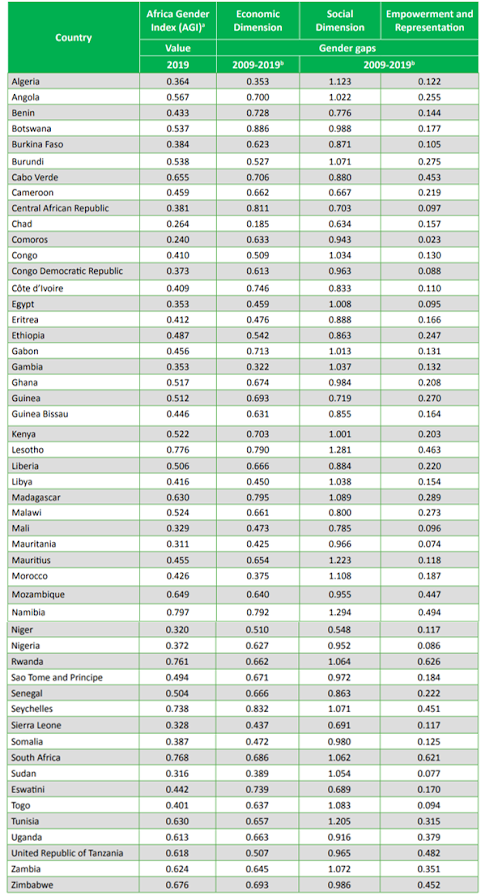Menstrual Health Management and access to adequate WASH facilities
It is widely recognised that sanitation and health are heavily influenced by availability and access to water. This is evident in SDG goal 6.2 which emphasises sanitation for all (UNWater,2016) where WASH is the subject to dedicated targets. In my previous post I brushed upon the impact of distant water supplies on the ability for individuals in rural areas to maintain personal hygiene. This post will further develop on this by highlighting the impacts of a lack of WASH facilities for menstrual health management (MHM). As we will find out MHM is important to address because it is not exclusively linked to sanitation, but also to other SDG’s relating to gender empowerment and education (UNICEF,2019).
 |
| Source |
WASH facilities for rural communities
In Zambia most girls reported that their main challenges include the lack of provision of sanitary materials leading to use of uncomfortable materials (Chinyama et al 2019), something that is common across SSA such as in South Africa girls resort to using school notebook paper (Haberer, 2018). Furthermore, girls mentioned that the lack of WASH facilities, like toilets without soap and water or door locks for privacy inhibits hygiene maintenance. This in turn impacts their school attendance and participation in physical activities for fear of teasing and leakage (Chinyama et al, 2019) significantly impacting girls' psychosocial wellbeing.
Disposal of waste is heavily influenced
by social practise. Many girls are embarrassed by disposing of sanitary
absorbents as WASH facilities are inadequate and fear they could be retrieved
for witchcraft against them so they would rather stay at home during
menstruation.
While there are initiatives such as Lucy Odiwa’s micro-enterprise, WomenChoice, which provides menstrual health education and materials to keep girls in schools (World Bank, 2018) the persistence of stigmas and misconceptions is still a reality for many menstruating individuals.
 |
| source This diagram highlights the three dimensions of change required to address the challenges being faced in communities. |
Menstruation: Just a woman's experience?
Menstruation is recognised as something women go through, but it is also an experience many transgender individuals experience. Transgender men and non-binary persons often face discrimination in health facilities that prevents them from accessing menstrual materials and resources relating to their needs (Zamasomi,2019). This has far-reaching negative impacts on their lives: restricting their mobility, freedom and choices; affecting participation in community life and stress (UNICEF, 2017).
Language is important
While non-binary persons are acknowledged by UNICEF's (2019) definition as a menstruator, the term ‘girls and women’ is being used to refer to all individuals who menstruate, overcasting non-binary persons. This can lead to them being left out of development initiatives.
MHM for non-binary persons can also be an entry point for other gender-transformative programmes, like sexual and reproductive health education and life skills development (UNICEF, 2017).
The experiences of both schoolgirls and
non-binary persons emphasises the importance of two key things; the provision
of sanitary absorbents and adequate WASH facilities, and two, creating a
supportive educational MHM environment.
The next blog will further explore
sanitation in relation to the rapid urbanisation of African cities and the
consequences on gender-based violence.


Loving this Faiz! Again super interesting information about how perceptions around health and sanitation are having a disproportionate impact on women. I think you are right, education is key to reversing this. Do you know of any initiatives/campaigns that are currently being used in Africa to overcome these taboos and misconceptions about menstrual health?
ReplyDeleteHi Neema! Well one interesting initiative I came across is called WomenChoice Industries in Tanzania which is a microenterprise started by a woman called Lucy Odiwa. The aim of the project is to promote menstrual hygiene management through the distribution of reusable menstrual products particularly targeting poor households in rural Tanzania. Furthermore, the project travels across the country to rural communities talking to women girls and boys about the taboos regarding menstruation and how girls can maintain their hygiene. Lucy’s microenterprise won the World Bank’s first SDGs and Her competition for her amazing work!
ReplyDelete